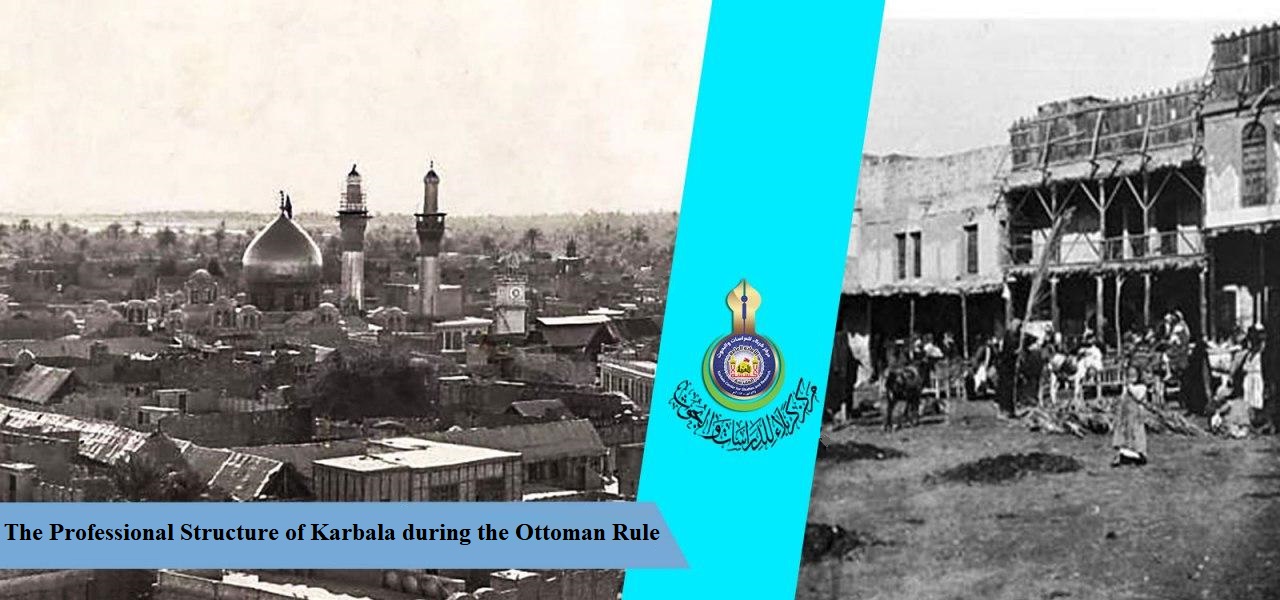Most of the employees of Karbala during the Ottoman era were from outside the district, they prominently were collectors who do not care about the interests of the people. After the British occupation of Iraq, Karbala intellectuals refused to deal with those employees under the influence of the fatwas issued by religious scholars.
In fact, Karbala witnessed the emergence of many educated people who studied in religious schools and mosques, as they studied jurisprudence, literature, philosophy and other traditional sciences, while others completed their studies in modern universities and institutes, and the third part of them tried to serve the state after the establishment of national rule in Iraq, yet most of them did not get the chance to be hired in the state departments, due to the control of the remnants of the Ottomans, whom the MP "Saad Saleh Jarir" named them "Arabized Arabs", which was based on many reasons, some of them sectarian, and the most important of which, is their hidden apprehension of Karbala district due to its well-known patriotic stances, so they sought to impose full control over this district, as their administration was marked by bribery, corruption and incompetence.
It must be pointed out here to the exile of the religious mujtahids in 1923, as their retirement from politics, has cleared the field for "Afandis" who were in constant conflict with authority.
Despite the opposition of the mujtahids to work for the government, we notice that some of Karbala's Afandis had entered political life, as some of them became MPs in the Iraqi Parliament, demanded reform during their time in the opposition, while some of them were able to hold government political positions.
Source:
Mawsueat Karbala Al-Hadharia "Karbala Civilizational Encyclopedia".
A publication of Karbala Center for Studies and Research
Historical Axis, Department of Modern and Contemporary History [Vol. 3, P. 163-164].

